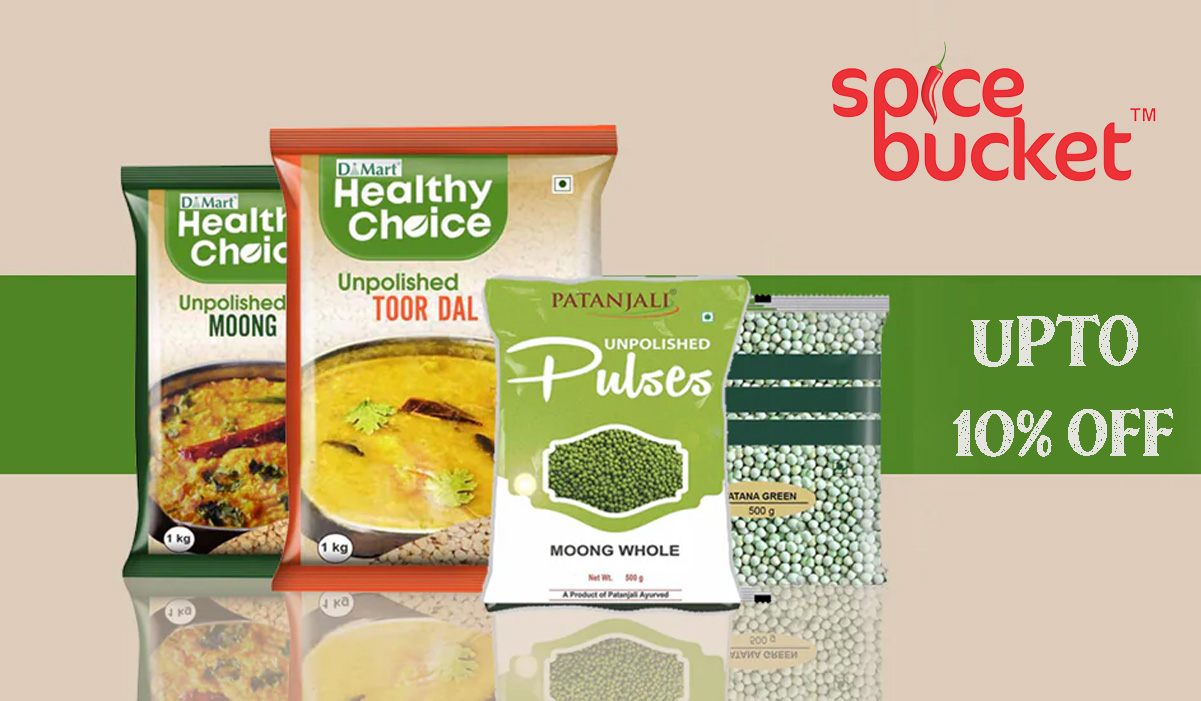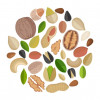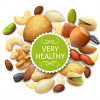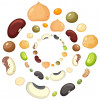Blog
Organic Foods: A Natural Path to Health and Sustainability

Organic foods have gained immense popularity in recent years as people become more conscious of their health and the environment. These products are grown or produced without synthetic pesticides, fertilizers, genetically modified organisms (GMOs), or other artificial additives. In this blog, we'll explore the world of organic foods, understanding what makes them special, their benefits, and their role in promoting a healthier, more sustainable future.
*What Makes Organic Foods Unique?*
Organic foods are defined by several key principles:
1. *No Synthetic Chemicals*: Organic farming prohibits the use of synthetic pesticides, herbicides, and fertilizers, instead relying on natural alternatives and crop rotation for pest and disease control.
2. *Non-GMO*: Organic products do not contain genetically modified organisms (GMOs). They are cultivated from non-GMO seeds.
3. *No Artificial Additives*: Organic foods are free from artificial preservatives, flavors, colors, and other synthetic additives.
4. *Environmentally Friendly*: Organic farming practices focus on sustainability, soil health, and the reduction of pollution and environmental damage.
*Benefits of Organic Foods*
1. *Nutritional Quality*: Organic foods are often perceived to be more nutritious because they tend to have higher levels of vitamins, minerals, and antioxidants. However, scientific consensus on this aspect is mixed.
2. *Pesticide Residue Reduction*: Organic products generally have lower pesticide residues, reducing exposure to potentially harmful chemicals.
3. *Better for the Environment*: Organic farming promotes biodiversity, reduces soil erosion, and conserves water resources. It also eliminates the use of synthetic fertilizers that can harm the ecosystem.
4. *Improved Animal Welfare*: Organic animal products come from animals raised in more humane conditions with access to the outdoors and better diets.
5. *Reduced Antibiotics and Hormones*: Organic meat and dairy products typically do not contain antibiotics and growth hormones.
6. *Support for Sustainable Agriculture*: By choosing organic foods, consumers support sustainable agricultural practices that prioritize soil health and long-term viability.
*Challenges and Considerations*
1. *Cost*: Organic foods can be more expensive than conventional products due to the labor-intensive and often smaller-scale nature of organic farming.
2. *Availability*: Organic options may not be as readily available in all regions, and the selection can vary depending on where you shop.
3. *Misconceptions*: The perception that organic foods are always healthier or more nutritious can be misleading. It's important to look at the overall quality of your diet.
4. *Certification*: The term "organic" is regulated, but there can be varying standards for organic certification in different countries and regions.
*Incorporating Organic Foods into Your Diet*
If you're interested in including more organic foods in your diet, here are some practical tips:
1. *Prioritize Certain Items*: Focus on organic options for products with a higher likelihood of pesticide residue, such as strawberries, apples, and leafy greens.
2. *Start with Essentials*: Begin with staple items like organic fruits, vegetables, and grains.
3. *Farmer's Markets*: Visit local farmer's markets, where you can often find fresh organic produce.
4. *Grow Your Own*: Consider planting an organic garden or participating in a community garden to grow your own organic produce.
5. *Balance Your Budget*: You don't need to go entirely organic. Balance your choices based on your budget and preferences.
*Final Thoughts*
Organic foods offer a path to better health and a more sustainable environment. They are the result of mindful farming practices that prioritize natural, chemical-free cultivation. Whether you choose to go fully organic or incorporate these foods selectively, the decision to support organic agriculture is a step towards a healthier, more sustainable future for both you and the planet.


 Spices
Spices Oil & Ghee
Oil & Ghee Namkeens & Snaks
Namkeens & Snaks Seasonings & Condiments
Seasonings & Condiments Mouth Freshener
Mouth Freshener Gifting Food Items
Gifting Food Items Poojan/Hawan Samagries
Poojan/Hawan Samagries Super foods
Super foods Food & Beverages
Food & Beverages Gourmet & World Food
Gourmet & World Food Nuts & Dry Fruits
Nuts & Dry Fruits Organic Foods
Organic Foods Premix & Ingredients
Premix & Ingredients Sweets
Sweets Tea & Coffee
Tea & Coffee
 Spices
Spices Oil & Ghee
Oil & Ghee Namkeens & Snaks
Namkeens & Snaks Seasonings & Condiments
Seasonings & Condiments Mouth Freshener
Mouth Freshener Gifting Food Items
Gifting Food Items Poojan/Hawan Samagries
Poojan/Hawan Samagries Super foods
Super foods Food & Beverages
Food & Beverages Gourmet & World Food
Gourmet & World Food Nuts & Dry Fruits
Nuts & Dry Fruits Organic Foods
Organic Foods Premix & Ingredients
Premix & Ingredients Sweets
Sweets Tea & Coffee
Tea & Coffee